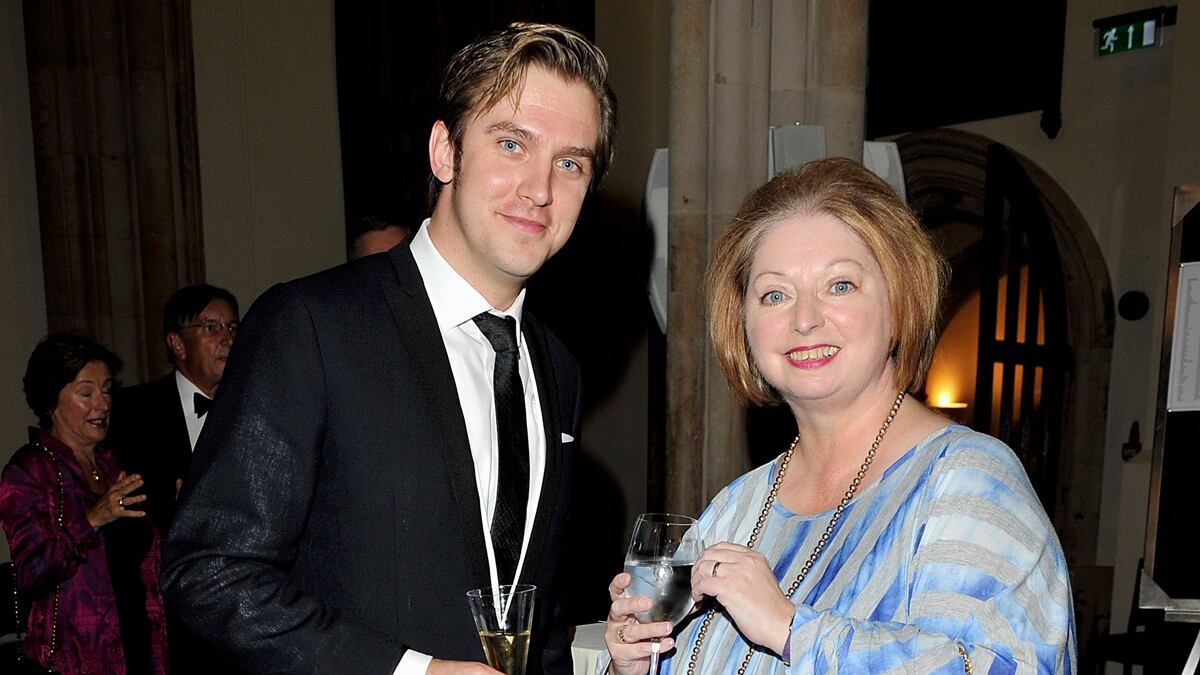In a television interview last year, the actor Dan Stevens, Downton Abbey’s heir-apparent (he plays Matthew Crawley on the hit show), lambasted the 2011 Man Booker Prize judges for reportedly basing its decision on the winning novel’s “readability.” (The award was given to Julian Barnes’s The Sense of an Ending.) A couple of weeks later, Stevens received a call from Peter Stothard, the editor of the Times Literary Supplement and the chairman of judges for the 2012 Booker. Stothard asked Stevens if he wanted to be one of the five members on the panel.
Of course, he said.
But, turns out, reading 145 novels in eight months was not an easy task, particularly when you have other commitments, like filming series three of Downton Abbey, producing and starring in your own film, Summer In February, sustaining your position as editor-at-large for the online literary supplement, The Junket.
Perhaps it’s understandable then, that in between takes on Downton, he made such forcible progress on his reading list that the costume department took pity and sewed a pocket into his jacket for his Kindle.
Stevens has spent the last few months in New York, where he is performing the role of Morris in the play The Heiress, a Broadway adaptation of Henry James’ novel Washington Square. Tuesday night’s performance was cancelled so he could be in London for the award ceremony, where Hilary Mantel was given her second Booker for her historical novel, Bring Up The Bodies.
I spoke to Stevens last week, and he also sent me a note the day after the Booker ceremony.
Can you talk about your involvement in the Booker?
You know, it was a huge honor to be asked to judge, a huge privilege. It was an amazing insight into a year in literary—and some not so literary—fiction. I didn’t realize it at the time, but it’s put an already added strain on what’s been quite an intense and busy year.
You’ve put yourself out a bit with the judging.
We complete the process next Tuesday—the final judging day—and, if I’m honest, it will be a huge relief. But also it has been really exciting, and similarly with my writing, it’s another side to me that I’m very keen to pursue.

In what sense?
I’ve always cultivated this—it’s not something I’ve just plucked out of thin air. You know, “Oh, I’m just going to read a shit-ton of books now,”—it’s something I’ve always loved and something I’ve always been keen to keep going, I guess.
It’s one week away, what can you have left to do?
Next week we have a night off [from The Heiress]. I fly to London on Monday night, land Tuesday morning, judge in the day and present on Tuesday night. So by now, I’ve re-re-re-read all of the books on the shortlist. Essentially, we judge in the afternoon, so we’ll fight it out between us. Not physically, obviously.
So you all pick one book? Presumably you’ve made up your mind?
It doesn’t work like that. It’s based on a really, really high level of critical engagement. It’s been incredible. I haven’t thought like this and read this closely since Cambridge and it’s been very rewarding from that point of view. It’s a terrific panel actually, a very, very interesting group of people. We’ll discuss on Tuesday and then have the dinner and presentation on Tuesday night, and I fly back Wednesday and do a show here on Wednesday night. Which is all just insane.
On Wednesday, before heading back to New York to perform that evening, he dropped me a note:
Last night was momentous; celebrating the end of an extraordinarily challenging few months we presented the award to the first British author, and the first female author, to win the Man Booker Prize twice; the first author to win with a sequel or with consecutive books. Hilary Mantel has redefined the genre of historical fiction and her mastery of the novel form is magnificent. It was a privilege to be among the first to read it. All of the six shortlisted authors were a delight to read but the process of considered critical argument saw Bring Up The Bodies as the finest work of literary fiction this year.






